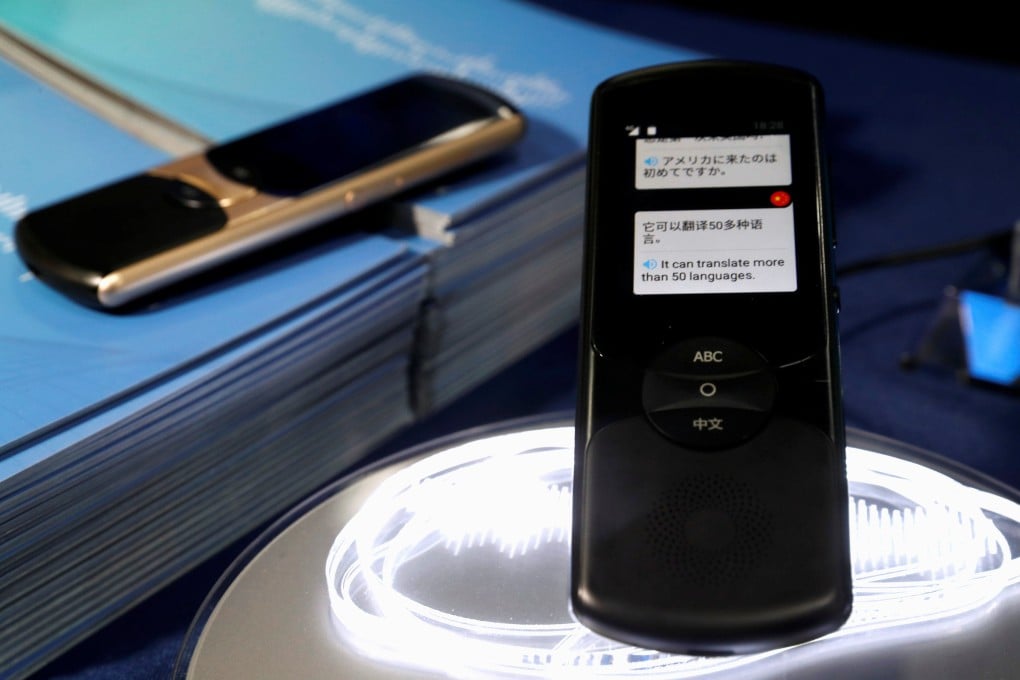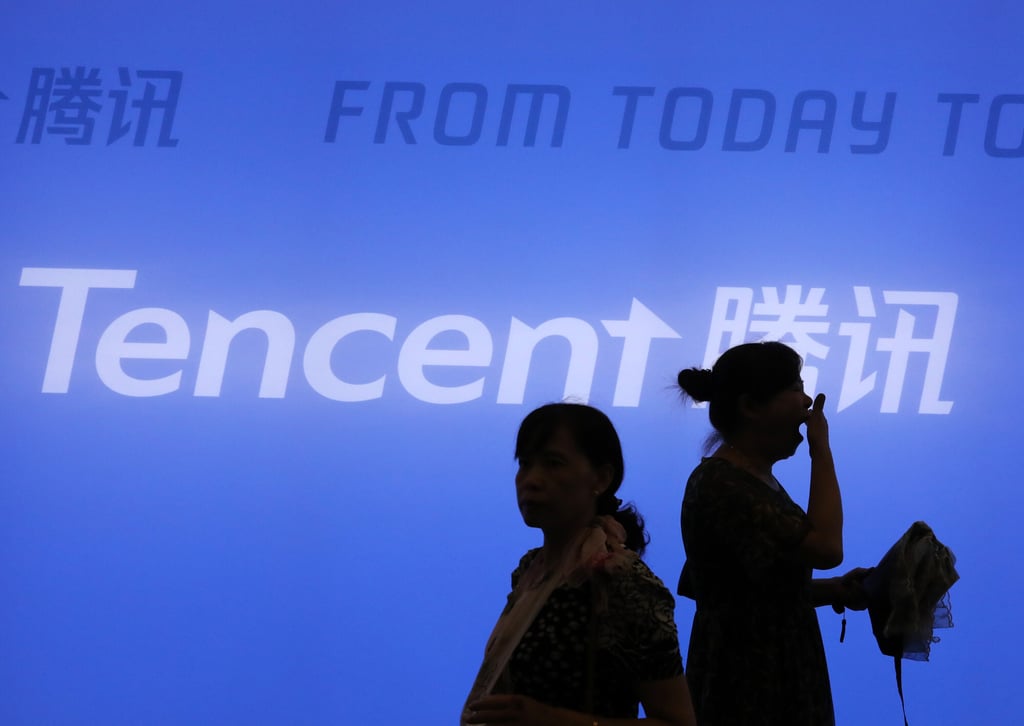Data privacy: Beijing puts iFlyTek, Tencent and over 100 other app makers on notice for violations
- 136 mobile apps from companies including Tencent and iFlyTek are called out in China’s latest ‘rectification’ campaign
- Data privacy is in the spotlight as Beijing prepares to introduce new Personal Information Protection Law

iFlyTek, one of China’s leading AI companies, and social media and gaming giant Tencent Holdings are among more than 100 app makers called out by China’s Ministry of Industry and Information Technology (MIIT) for not rectifying privacy violations in a timely manner amid ongoing efforts to improve the protection of data privacy.
A total of 136 apps, including iFlyTek Peiyin, which provides AI-generated text-to-speech dubbing services, and Tencent’s mobile security manager, have until Wednesday to fix the violations or face action in accordance with “relevant laws and regulations”, according to a notice published by MIIT on Friday.
An iFlyTek spokesman said on Monday that the company conducted a self-review immediately after receiving the notice and it has since removed services and features found to have collected excessive user information. The spokesman added that iFlyTek is dedicated to improving users’ data privacy and security.
Tencent did not immediately reply to a request for comment.
Protecting user data and creating a viable data market are at the forefront of China’s increased scrutiny of internet platforms, as the country aims to have the digital sector play a bigger role in its economic growth the coming years.

The newly announced 14th five-year plan, which lays out China’s development goals for 2021 to 2025, included a reference to the accelerated roll-out of two “fundamental” pieces of legislation: the Personal Information Protection Law, and the Data Security Law.